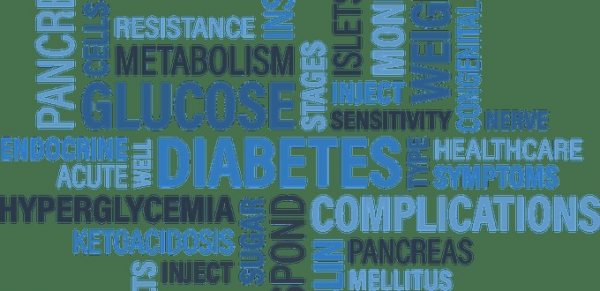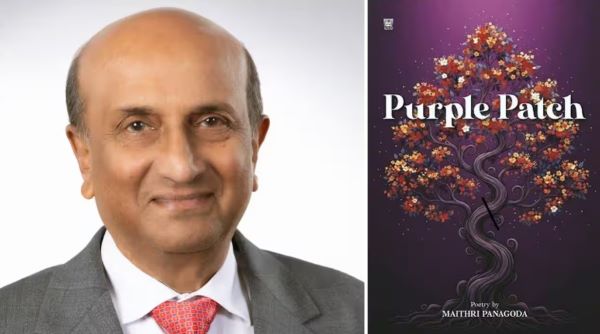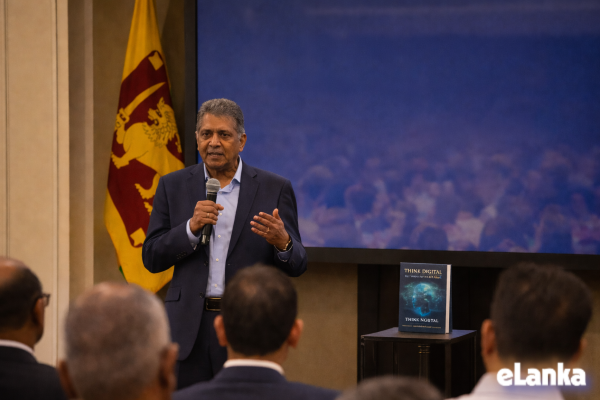Hyperglycemia and Hypoglycemia in diabetic – By Dr Hector Perera: London

As we know there are two types of diabetics, type 1 and type 2. Some people are totally unaware if they suffer from diabetics because they haven’t consulted a doctor for their conditions. In England there are millions of people who are unaware if they suffer from diabetic. After a certain age it is important to check if they have diabetic for your own safety.
Hyperglycemia is the medical term for high blood sugar, which arises due to the body’s inability to remove glucose from the blood so that cells can use it for energy. The condition usually only affects people with diabetes because these individuals have problems with insulin – the hormone required for glucose uptake.
Symptoms
Hyperglycemia symptoms tend to develop over the course of several weeks and may include the following. Dry mouth and increased thirst leading to frequent intake of water. This is referred to as polydipsia. Increased urination, particularly at night, which is referred to as polyuria. Increased hunger and food intake, which is referred to as polyphagia and fatigue. Further symptoms that may eventually develop include blurred vision, weight loss, nerve damage, kidney problems and heart problems. Some people totally ignore these things but they are not bothered to check if something is wrong with them.
Causes
People who have diabetes are unable to break glucose down into energy due either to an inadequate level of insulin or insulin failing to work properly. This means glucose remains in the blood causing a high blood sugar level. Diabetes occurs in two forms, type 1 diabetes and type 2 diabetes.
Hyperglycemia is the scientific term for high blood glucose levels Hyperglycemia occurs when people with diabetes have too much sugar in their bloodstream.
Hyperglycemia should not be confused with hypoglycemia, which is when blood sugar levels go too low. You should aim to avoid spending long periods of time with high blood glucose levels.
What is hyperglycemia?
Hyperglycemia, the term for expressing high blood sugar, has been defined by the World Health Organisation as, blood glucose levels greater than 7.0 mmol/L (126 mg/dl) when fasting. Blood glucose levels greater than 11.0 mmol/L (200 mg/dl) 2 hours after meals.
Although blood sugar levels exceeding 7 mmol/L for extended periods of time can start to cause damage to internal organs, symptoms may not develop until blood glucose levels exceed 11 mmol/L.
More immediate reasons for hyperglycemia include, missing a dose of diabetic medication, tablets or insulin. Eating more carbohydrates than your body and/or medication can manage. Being mentally or emotionally stressed (injury, surgery or anxiety) .Contracting an infection.
Is hyperglycemia serious?
Hyperglycemia can be serious if, blood glucose levels stay high for extended periods of time – this can lead to the development of long term complications. Blood glucose levels rise dangerously high – this can lead to short term complications.
In the short term.
Short term complications of very high blood sugar levels include ketoacidsosis and hyperosmolar hyperglycemic nonketotic syndrome.
Ketoacidosis is a dangerous complication that mainly affects people with type 1 diabetes but can also affect some people with type 2 diabetes that are dependent on insulin. The risk of ketoacidosis becomes significant if blood glucose levels rise above 15 mmol/l (270 mg/dl).
How to avoid and deal with hyperglycemia?
Minimising long time exposure to high blood sugar levels is one of the key objectives of diabetes control.
Testing blood sugar levels will help in managing hyperglycemia. People who take insulin may be able to take additional insulin. However, only take additional insulin if your doctor is happy for you to do so, as miscalculations could lead to dangerously low blood sugar levels. Before you increase the amount of insulin injection, you must consult the doctor about it.
Diabetes UK advise people with type 1 diabetes to test for ketones if blood glucose levels rise above 15 mmol/l or the signs of ketoacidosis appear. Contact your health team if high levels of ketones are present.
Diabetic coma
A diabetic coma is a life-threatening diabetes complication that causes unconsciousness. If you have diabetes, dangerously high blood sugar (hyperglycemia) or dangerously low blood sugar (hypoglycemia) can lead to a diabetic coma.
If you lapse into a diabetic coma, you’re alive — but you can’t awaken or respond purposefully to sights, sounds or other types of stimulation. Left untreated, a diabetic coma can be fatal.
The prospect of a diabetic coma is scary, but fortunately you can take steps to help prevent it. Start by following your diabetes treatment plan.
Symptoms
Before developing a diabetic coma, you’ll usually experience signs and symptoms of high blood sugar or low blood sugar.
High blood sugar (hyperglycemia)
If your blood sugar level is too high, you may experience:
Increased thirst, frequent urination, Fatigue, Nausea and vomiting, Shortness of breath, Stomach pain, Fruity breath odours, a very dry mouth, a rapid heartbeat.
Low blood sugar (hypoglycemia)
Signs and symptoms of a low blood sugar level may include:
Shakiness or nervousness, anxiety, fatigue, weakness, sweating, hunger, nausea, dizziness or light-headedness and difficulty speaking. One might not get all these conditions but these are the signs to watch out.
Confusion
Some people, especially those who’ve had diabetes for a long time, develop a condition known as hypoglycemia unawareness and won’t have the warning signs that signal a drop in blood sugar.
If you experience any symptoms of high or low blood sugar, test your blood sugar and follow your diabetes treatment plan based on the test results. If you don’t start to feel better quickly, or you start to feel worse, call for emergency help.
When to see a doctor
A diabetic coma is a medical emergency. If you feel extreme high or low blood sugar signs or symptoms and think you might pass out, call 911 or your local emergency number. Your comments are welcomed perera6@hotmail.co.uk




















